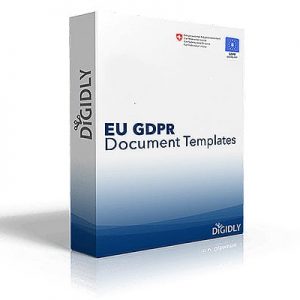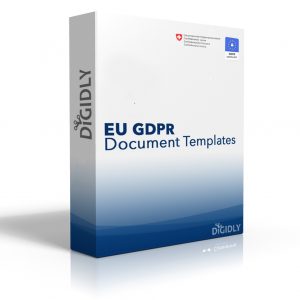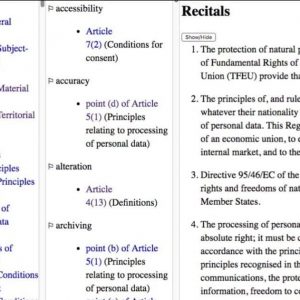Blockchain, Smart Contract and Legislation
By 2025, 10% of world GDP will be produced by activities distributed through new technologies (like blockchain). But not all the pieces of the puzzle are still compatible with the European regulation: do we need a regulatory intervention?
Will the GDPR be a break for the Blockchain?
The question was the focus of the conference “People on the net – Data between powers and rights” organized by the law firm Nctm, which saw the presence of Antonello Soro, President of the Personal Data Protection Authority, and Armando Spataro, formerly the Prosecutor of the Republic of Turin.
According to the World Economic Forum, by 2025, 10% of the world’s GDP will be produced by activities and services provided and distributed through blockchain technologies that are emerging globally, causing a real disruption in various sectors.

The proposals to change the bill also concern the blockchain for the legal validity of smart contracts. The proposed amendment states: storing an IT document through the use of distributed log-based technologies produces the legal effects of electronic time validation. The smart contracts satisfy the requirement of the written form following the IT identification of the interested parties, through a process having the requirements set by the Agency for Digital Italy “.
“The Simplification Decree 2019 introduces rules on the legal profile of the data stored in Blockchain: in Italy, the data recorded and validated on public Blockchain or distributed registers will be considered certified data,” said Cosimo Nigro, Head of Digital Conservation Services, ECM Engineering.
Blockchain technology represents a great opportunity
“(..) since potentially every contractual relationship can be digitally reproduced and executed, in whole or in part, through smart contracts. However, in view of their advantages, first of all in terms of greater guarantees in the execution phase compared to the ‘traditional’ contracts, smart contracts have, by their nature, a high degree of rigidity both in the writing phase that of self-execution (for example in terms of irreversibility of the same execution). This would seem to limit its use today to contracts with very standardized content, that is to say, that they provide for easily verifiable compliance. In any case, the new legal issues raised by smart contracts make an organic regulatory intervention desirable both at national and EU level “, said Carlo Grignani, Partner Nctm Studio Legale.
“Distributed log-based technologies pose previously unexplored opportunities for executing transactions and, in general, managing information. It is at this moment that legal operators are called to participate in the definition, in a normative or interpretative way, of the rules to be respected for the design and implementation of these technologies while respecting the fundamental guarantees of digital identity and confidentiality of personal data. The current legislative framework already offers tools to tackle this task: it is a question of assessing whether these instruments are adequate or others that are yet to be conceived from a medium to long-term perspective “, added Paolo Gallarati, Nctm Studio Partner Legal.
Today there are data protection platforms that use blockchain technology to ensure “data” and “content” – “certain” to the set of “Privacy Information and related consent”. “After a careful research, carried out by crossing the directives on both the European legislation and the pronouncements of the respective national Guarantors – said Fabio Lampasona, CEO and Founder Moneyte -, it was possible to develop an innovative platform, based and designed on blockchain, able to model the whole “end-to-end” consensus management process. All of this is backed by many years of experience in the services and privacy compliance market, with the utmost respect, of course, of the market and regulatory requirements “.







